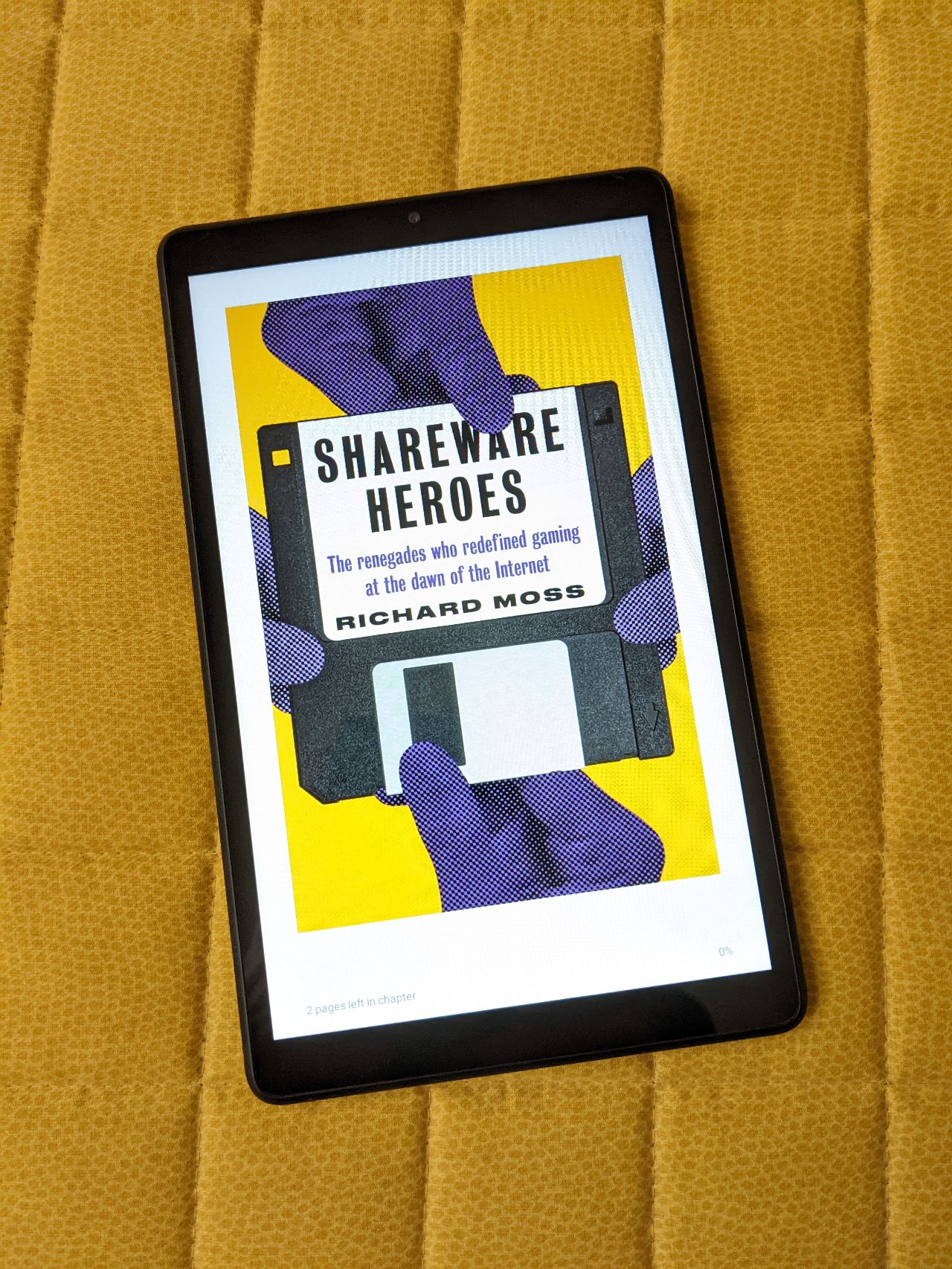Reading Recursion via Pascal
I read the book Recursion via Pascal by Jeffrey S. Rohl, Cambridge University Press, 1984. I discovered this rare, little known gem by chance and, although it's available online, I also bought a cheap printed copy.
What makes this short book so interesting? The preface opens with this sentence:
Recursion is the cinderella of programming techniques where languages such as Pascal are concerned.
Programming books usually devote little space to recursion, often to briefly introduce and dismiss it as hard to understand and inefficient.
As a Lisp enthusiast, recursion comes natural to me and is a natural fit for the language. A work entirely on recursion like this is the book I always wanted but didn't know existed.
Recursion via Pascal uses math throughout the text but the explanations are usually clear, and the elementary discrete mathematics with a few bits of calculus is not hard to follow. The snippets in Pascal are short and mostly easy to understand. This code can be ported or adapted with little effort.
What makes the book unique is the coverage of recursion techniques. For example the techniques for making recursion more efficient such as terminating recursive calls earlier, or implementing algorithms with auxiliary procedures that take fewer parameters. The book also gives guidance on when recursion is most appropriate and when it's not.
While most programming books don't say much on eliminating recursion other than remarking it's easy, Recursion via Pascal has a full chapter on this that actually explains what to do.
I'm glad to have such a handy reference work on recursion.
Discuss... Email | Reply @amoroso@oldbytes.space




